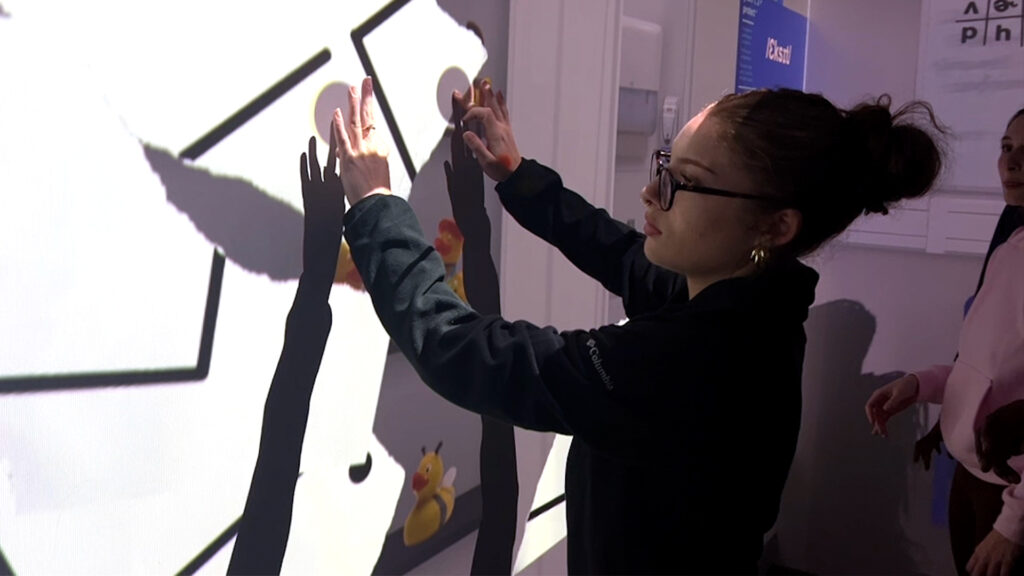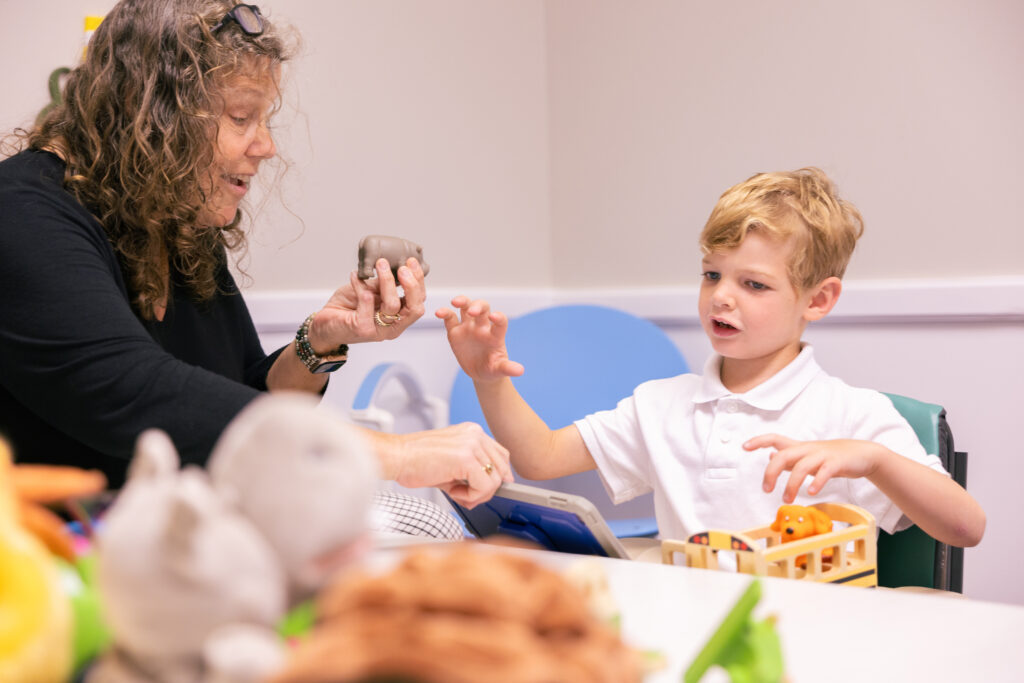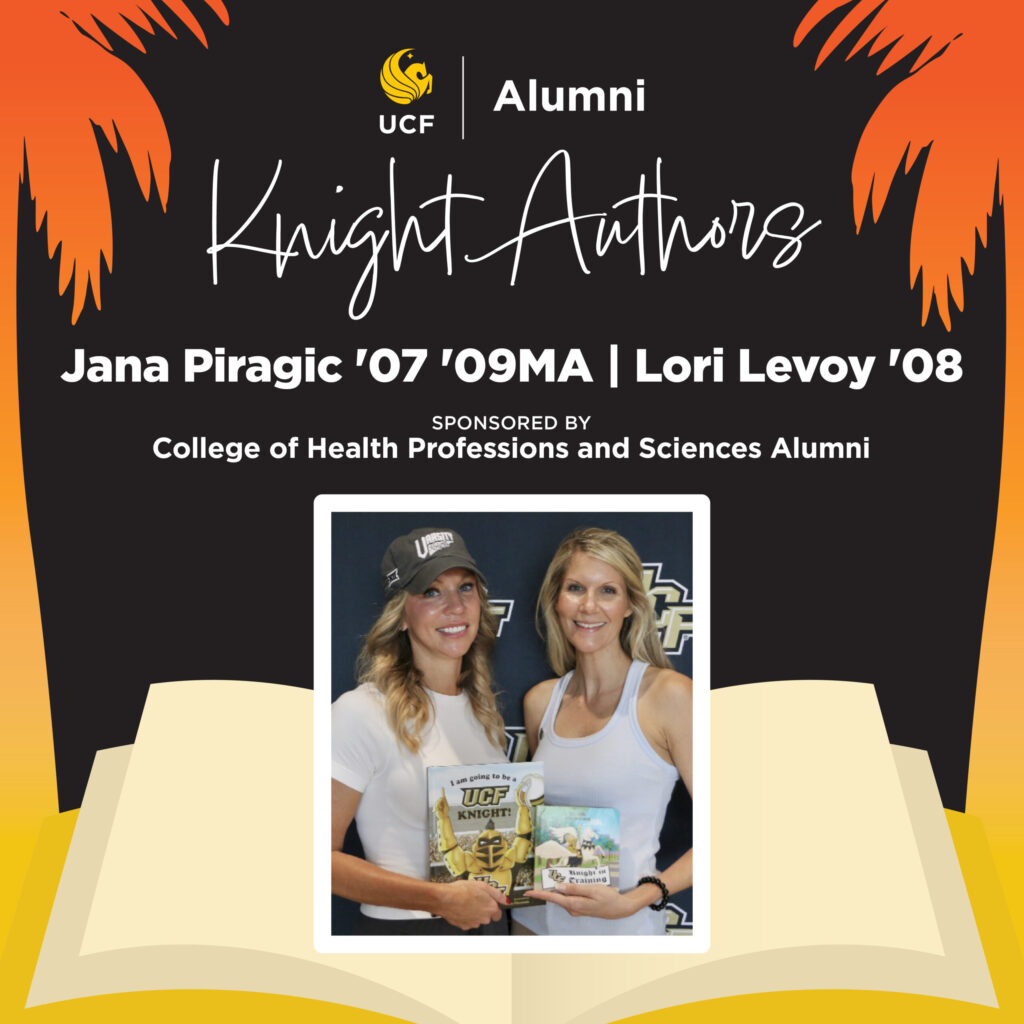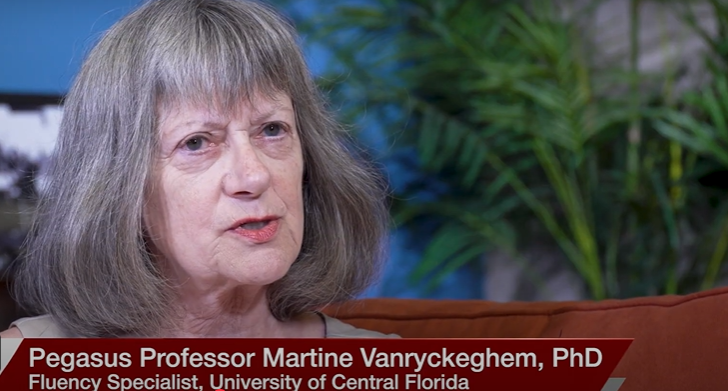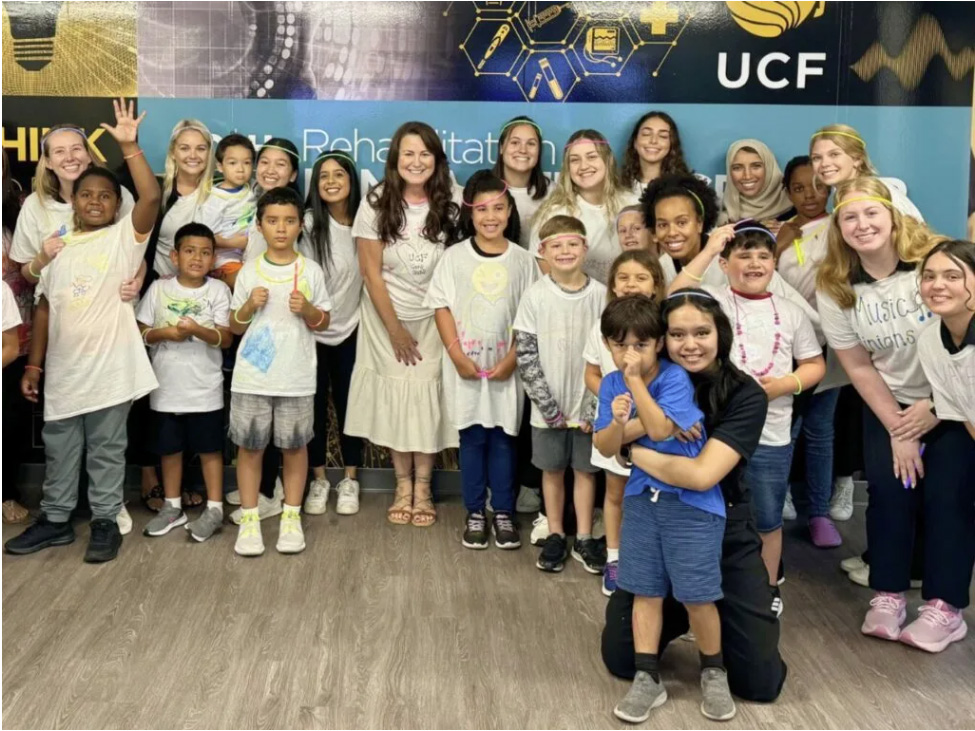Allison Diaz, a student in the School of Communication Sciences and Disorders, has gone from being hearing impaired to deaf while completing her studies at UCF to become a speech-language pathologist.
“I’ve been involved with speech-language pathology as a client ever since I was in the first grade,” Allison says. “Because of my experience, I know I can make a difference in the lives of other people who have experienced hearing loss because I have been in their shoes.”
Despite the challenges she faced this year when she lost her hearing completely, she stayed dedicated to her studies. Her instructors were impressed with the way she persevered.
-
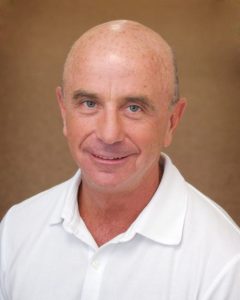
Joseph DiNapoli
“Allison took my course last year, and she told me she had been hearing impaired her whole life,” said Joseph DiNapoli, an instructor in CSD. “When she suddenly lost all her hearing, she told me she was going in for cochlear implant surgery. Her determination and positive attitude made a very strong impression on me.”
It has been a long journey, but ultimately one that made Allison who she is.
-
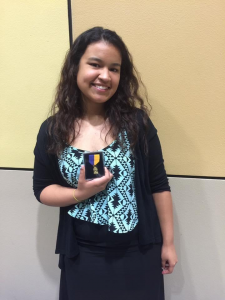
When she was a senior at Osceola High School, Allison won an award for best student in foreign language classes (American Sign Language). This is also the moment when she realized she wanted to work in a field helping the Deaf and Hard of Hearing community.
“When she was a baby, I remember her crying all the time,” says Brenda Rivera, Allison’s mom. “She also seemed to get ear infections every week; we were always taking her to the ER.”
Eventually, Allison’s parents realized she couldn’t hear.
“We knew something was wrong because when we were outside and she was ahead of us, we would call her name and she never looked back,” Brenda says.
Doctors initially dismissed the family’s concerns. So they went to a specialist.
“When we saw an otolaryngologist, they told us that she was deaf in one ear, and nearly deaf in the other,” Brenda said.
She was 3 when she received her first hearing aids. It was an adjustment for Allison and her family, but her parents have been with her at every step in her journey. Their support is something Allison is acutely aware of and hopes to model as she supports other Deaf and hard of hearing people in her future career.
Brenda says it was difficult for her and her husband, Ryan, to hear the news about their firstborn. Their experience taught them to be fierce advocates for their daughter —a message they share with other parents caring for children with hearing loss.
-
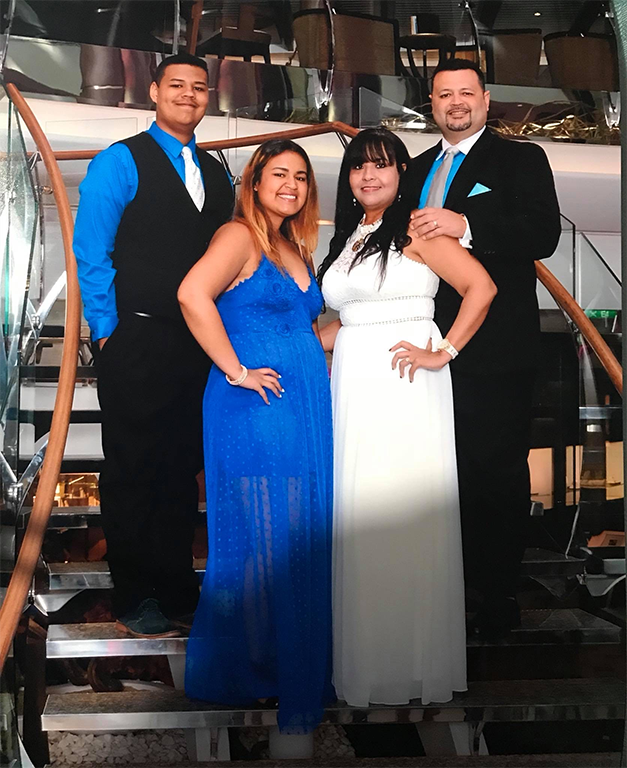
Allison Diaz, second from left, celebrates with her family – her brother Dorian, and her parents Brenda and Ryan
“Don’t treat them differently, treat them like any other child,” says Brenda. “When you take them to the doctor, ask questions. There is no dumb question, just ask. Be a source of support and just be aware of her needs. Don’t give up, just keep looking for options. Just keep looking.”
The hearing aids Allison wore served her well, until recently when she woke up one day unable to hear at all.
At first, Allison was confused. She turned her hearing aids off and on, hoping to reset the devices. She approached her parents, who went through the list of what to do when the hearing aids malfunction – a situation they had encountered previously – but nothing worked.
“I think you’re losing your hearing,” said Ryan Diaz, her dad.
Ryan and Brenda knew this was a possibility. Physicians told the family Allison was at-risk for losing her hearing up till age 12. When she turned 13, Brenda says, “We thought we were safe.”
Upon evaluation by an audiologist, Allison was diagnosed Deaf.
“My heart literally broke,” Allison says. And even though she recognized that cochlear implant surgery was a strong possibility, she tried steroid shots in the ear, medicines – anything that could possibly help restore her hearing. Nothing worked.
The family knew that the next best step for Allison would be to receive a cochlear implant. A cochlear implant is a complex electronic device that consists of two parts. One part is surgically placed under the skin behind the ear. This internal component has electrodes that are surgically woven into the inner ear. The other part is a processor which is worn externally. The two parts work in combination to convert sound into electrical impulses that directly stimulate the hearing nerve. Over time, and with auditory rehabilitation, the brain is then able to process sound, such as speech, to make it meaningful to the individual.
Allison is adjusting to her new way of hearing the world. “I do not hear any robotic sounds, things sound normal. I am now able to understand, sometimes, what other people with masks are saying to me although, it is very hard in a very crowded or noisy environment. But everything is getting better and I couldn’t be more happy!”

